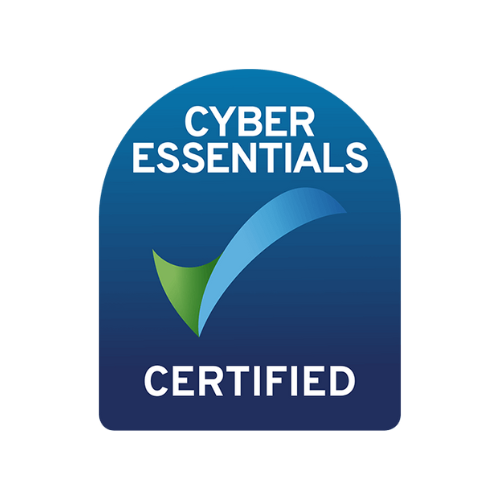Data Security in Procurement: Safeguarding Your Supply Chain
Data security isn’t just a buzzword; it’s a vital necessity in today’s digital era, particularly within organisations’ procurement processes. Procurement entails handling a plethora of sensitive data, encompassing supplier contracts, pricing details, and supplier performance records. Breaches in this information can lead to severe consequences, including disruptions in the supply chain, financial setbacks, and legal repercussions.
The Crucial Role of Data Security in Procurement
Sensitive Data Pervades:
Procurement teams grapple with extensive sensitive data, ranging from confidential supplier contracts and price negotiations to performance assessments. Any compromise of this data can precipitate significant problems.
Preserving Supply Chain Integrity:
Data security isn’t solely about safeguarding information; it’s about upholding the integrity of your supply chain. Unauthorised access or data breaches can disrupt the procurement process and impede the delivery of goods and services.
Strategies to Enhance Data Security in Procurement
Implementing Robust Cybersecurity Measures:
Initiating a sturdy cybersecurity framework is paramount. Encryption is indispensable for safeguarding data both in transit and at rest. Secure access controls ensure that only authorised personnel can access sensitive procurement data. Regular security audits and vulnerability assessments aid in pinpointing and rectifying potential vulnerabilities.
Supplier Data Handling Assessment:
It’s imperative to assess your internal data security and how your suppliers handle data. Integrating data security assessments into your supplier selection process is prudent. Guarantee that your suppliers adhere to cybersecurity standards and practices. Contemplate the inclusion of data protection clauses in your supplier contracts to establish their accountability for data security.
Compliance with GDPR:
In the UK, adhering to the General Data Protection Regulation (GDPR) holds paramount importance. GDPR imposes stringent regulations on how personal data is managed and protected. Since procurement frequently involves personal data, procurement teams must ensure that all data processing activities are in compliance with GDPR stipulations. This encompasses obtaining consent for data processing, ensuring data portability, and promptly notifying relevant authorities in the event of data breaches.
Taking a Proactive Stance on Data Security
Data security should never be an afterthought; it should be at the forefront of your procurement strategy. Adopting a proactive approach to data security entails continuous monitoring, regular updates to security protocols, and training employees in cybersecurity best practices.
Addressing Key Questions
What is the purpose of data security?
The primary purpose of data security is to safeguard sensitive information from unauthorised access, breaches, or compromises. In the context of procurement, data security ensures the protection of critical procurement data, such as supplier contracts and pricing information, which, if exposed, could lead to supply chain disruptions and legal liabilities.
Why is data management important in procurement?
Effective data management is crucial in procurement because it ensures the integrity, availability, and confidentiality of procurement data. It allows organisations to make informed decisions, manage supplier relationships, and comply with regulations like GDPR, ultimately contributing to efficient and secure procurement processes.
What are the three types of data security?
Three primary types of data security are physical security, technical security, and administrative security. Physical security involves protecting data through physical means like locks and access controls. Technical security includes measures like encryption and firewalls to safeguard data electronically. Administrative security involves policies, procedures, and employee training to ensure data protection.
In conclusion, as procurement processes evolve into increasingly digital and data-centric operations, the significance of data security cannot be overstated. Protecting sensitive procurement data is crucial for maintaining supply chain integrity and adhering to regulatory frameworks like GDPR. By implementing robust cybersecurity measures, evaluating supplier data handling practices, and ensuring GDPR compliance, UK organisations can fortify their procurement processes, mitigate risks, and cultivate trust with their suppliers and stakeholders. In today’s ever-evolving procurement landscape, data security is not just a necessity; it’s a strategic imperative.







